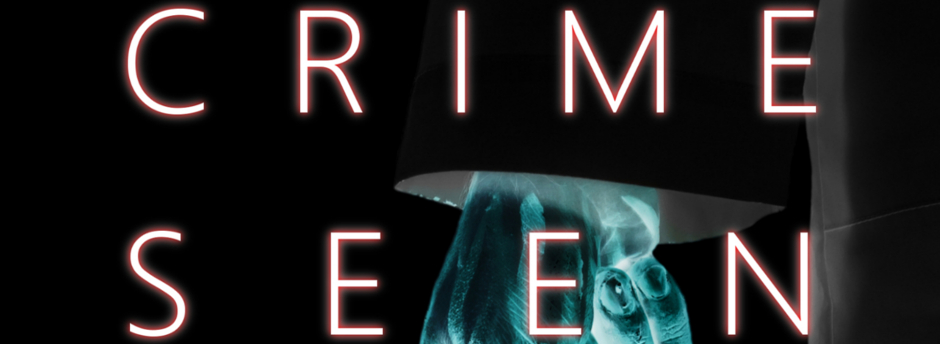My guest blogger, Michaelbrent Collings, finishes his little rant about writing rules. Specifically, The ONLY Three Rules You MUST NOT BREAK. Here’s Part Two. Part One appeared on Sunday, February 23rd.
~~~~~~~~~~~~~~~~~~~~~~~~
3) Make Me Better Or Leave Me Alone
A few of you might have noticed that these rules are NOT written from the point of view of the writer. No, they’re written from the point of view of the READER. From the perspective of our AUDIENCE.
This is intentional.
Because the reader is the person on whom I am going to inflict my work. The person who will enjoy my triumphs, but who will have to suffer through my mistakes. And I’m not talking about typos here. I’m not worried about whether I used a semi-colon correctly or if I misspelled “pneumonoultramicroscopicsilicovolcanokoniosis.” (I didn’t misspell this. I rock at that word.)
No, I mean that every work that goes out into the world should go out with the intention of improving the world. Of making the world we live in, this lone and dreary place, a little bit better. A little bit closer to Paradise. A little bit closer to God. Even if you don’t believe in God as a reality, think about it for a moment as an abstract – an all-powerful, all-knowing being who wants nothing but the best for us.
You are the god of your story. You craft and create a world, organizing all the ones and zeroes of your computer program into something amazing. Out of the quantum nothing of computerized chaos emerges character, setting, plot.
And what then? What is the purpose, the point?
Some of you may be turning up your noses at this point, saying, “This is none of his business. I write what I write, and I don’t worry about whether it improves the world. It’s art, dammit!”
I think “artists”–meaning people who do creative stuff and expect others to look at it–have a responsibility to leave their audience better than they were before looking at the creation. This doesn’t mean “shiny, happy, feel-good” necessarily, but BETTER. Sometimes this means challenging them to look at the world in a different way, sometimes it means giving them hope in the darkness, sometimes it means just allowing them some time to escape and enjoy something for a few hours of pure fun.
If you are going to create art and send it into the world, it isn’t for you anymore, it’s for everyone. And if it’s for everyone else, it should make everyone better. It should improve the universe that it has become a part of. It should represent you, and in so doing, should be your agent for positive change.
CONCLUSION
There really aren’t many rules that you CAN’T break as a writer. But there are a few. Three, to be exact. Break any of them and you’re still writing. But are you a WRITER? Nah.
IMAGINARY CREATIVE WRITING CLASS
Teacher: In writing we never use run-on sentences.
Student Writer: Unless you’re Shakespeare. He did it, like, all the time.
Teacher: Yes, well. Of course. I guess you can use them. Just don’t use sentence fragments.
Student Writer: Everyone speaks in sentence fragments. And poets pretty much only use them.
Teacher: Of course. But one rule is that we never start sentences with a conjunction. And the reason for that is –
Writer: Uhhh … you just did that.
Teacher: Get out of my class before I kill you.
~~~~~~~~~~~~~~~~~~~~~~~~
Michaelbrent Collings is a #1 bestselling novelist and produced screenwriter. His most recent novel, Crime Seen, is a paranormal thriller.
He hopes someday to develop superpowers, and maybe get a cool robot arm. Michaelbrent has a wife and several kids, all of whom are much better looking than he is (though he admits that’s a low bar to set), and much MUCH cooler than he is (also a low bar).
Michaelbrent has more writing advice at his website, MichaelbrentCollings.com
He can also be found on Facebook and Twitter
Follow him for awesome news, updates, and advance notice of sales. You will also be kept safe when the Glorious Revolution begins!
